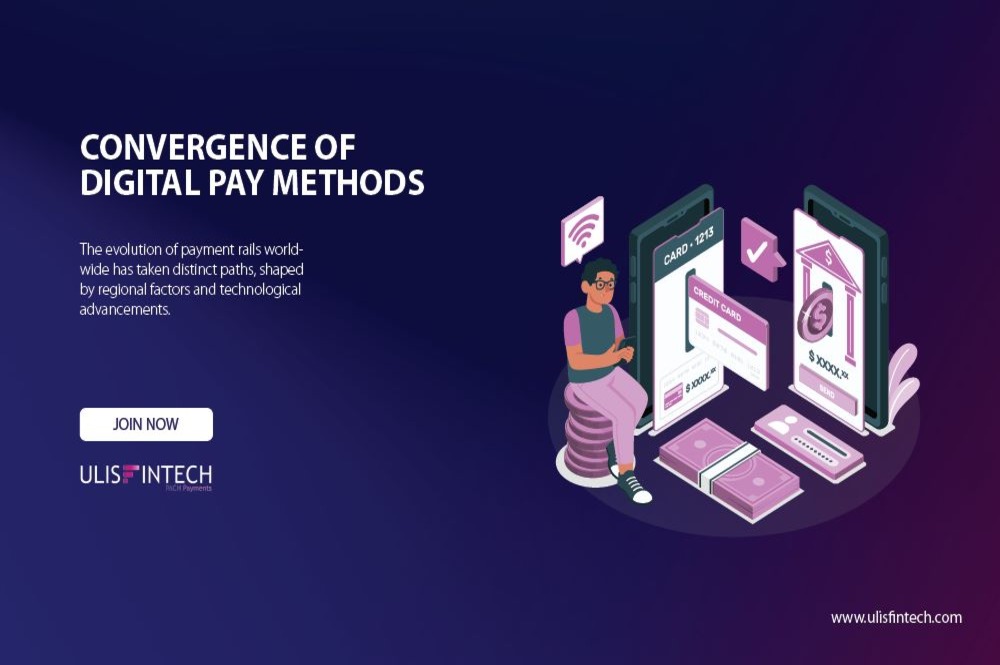Future of Banking - Bank and Fintech Partnerships
Mar 05, 2022 - 5 MINS READ

Future of Banking - Bank and Fintech Partnerships
Over the last decade, the global fintech business has risen rapidly. However, since the worldwide pandemic, start-ups have suffered from a lack of financing from formerly supportive areas of the new financial technology revolution. Suddenly, money in many locations has run out or is being used more cautiously.
Five revenue-generating options for the fintech industry through bank collaborations:
Management of Wealth Transfer
Banks place significantly more emphasis on inheritances than on the wealth transfer process, which is complicated and difficult for clients to understand. Fintechs are already taking advantage of this opportunity to create user-friendly, cost-effective digital services for estate planning, settlement, and probate challenges. These services would allow fintechs to reach a larger consumer base while also allowing banks to provide new services to customers through its partnership option.
Subscription-based services
The average family pays around 13 subscription services each year. Another area that fintechs and banks may collaborate on is subscription management. Customers find it difficult to keep track of all their subscriptions, but there are various smartphone apps that might help. Customers will be able to use their bank to purchase new subscriptions, manage their spending, compare their offers with other subscribers, and cancel subscriptions that are no longer needed.
Security of identification and data protection
Security is now more important than ever before. Accounts must be more secure as cybercrime gets more sophisticated. FinTech and banks may form an ideal relationship to manage data breaches and security services for clients. Banks must assess data breaches and online security as part of their overall financial health.
Payment of bills
Bank consumers almost never handle their bill payments using the bank's own websites. Consumers paying their bills through the banking portal would allow banks to increase their offerings and assist their customers in making better financial decisions. This would boost client loyalty and help to secure long-term customer connections.
Investing in Cryptocurrency
Trading in Bitcoin, Ethereum, and other cryptocurrencies climbed quickly at the start of 2020, then soared to a new high in February—a level that was maintained during the Coronavirus crisis, which lasted from March to May. Banks, on the other hand, do not enable clients to buy cryptocurrencies using their cards since they exclusively deal in traditional currency. The fact that cryptos are already widespread implies that this must change soon. If banks and fintechs collaborate, they will be able to offer crypto services to their consumers, creating income for both sides.
Fintech observations today's reality in the banking industry:
- Banks and credit unions require new non-interest revenue streams.
- Fintech businesses must begin earning money.
- Partnerships between banks and fintechs benefit both parties: they enable banks to offer services that would otherwise take years to create, and they enable fintechs to increase distribution more quickly and inexpensively than they could on their own.
There is potential for bank/fintech collaboration that might create money for both sides, but few institutions are exploring them.
Bottom Line
Although conventional banks may have historically viewed fintech businesses with caution or distrust, the traditional financial service providers' perspective appears to be changing. Fintechs are no longer viewed as intruders in the industry by established banks and financial service organizations, but rather as helpful partners when these traditional companies wish to achieve new goals or enhance client engagement.
Collaboration between banks and fintech startups benefits IT companies as well. They can enter new markets while benefiting from established banks' regulatory positions. Continued engagement and collaborations between fintech businesses and banks are critical for the financial services and technology sectors' future.







